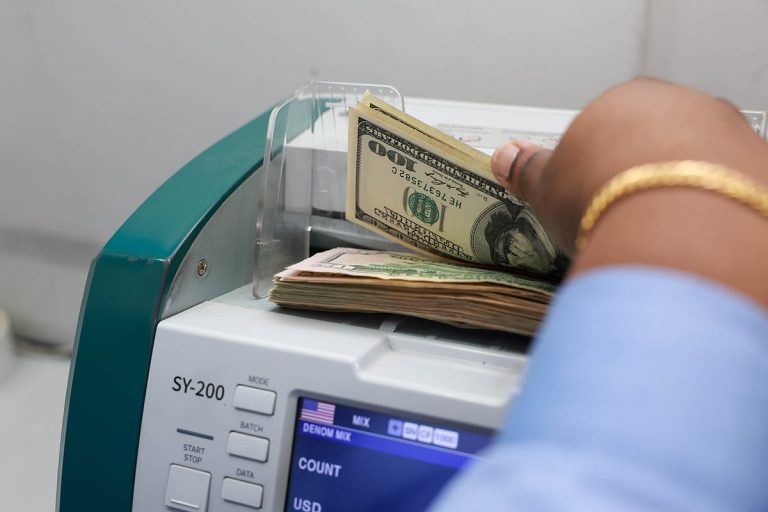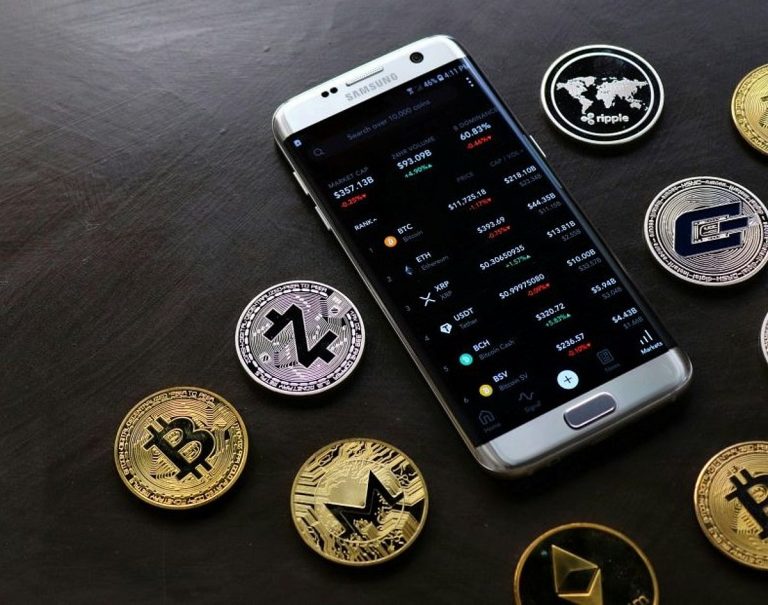Consequences of Missing Credit Card Payments in the UAE
Falling behind on credit card payments can happen to anyone, especially in the fast-paced financial landscape of the UAE. However, the implications of missed payments extend beyond just a negative impact on your credit score. Understanding the legal ramifications and potential consequences is crucial for residents facing financial difficulties.
The Legal Framework for Credit Card Payments
In the UAE, missing payments can lead to serious legal issues. According to Article 4(4) of the Personal Loan Agreement format approved by the UAE Central Bank, default occurs if you miss three consecutive payments or six non-consecutive payments. Once a default is declared, the entire balance on your credit card becomes due immediately without prior notice from the bank.
How Credit Cards Are Treated Under UAE Law
Credit cards in the UAE are classified as personal loan facilities. This means that the terms governing credit cards are similar to those of personal loans. When you apply for a credit card, banks typically require a security cheque that corresponds to your credit limit. If you default on your payments, the bank can cash this cheque to recover the owed amount.
Consequences of Defaulting on Payments
If your outstanding balance exceeds Dh10,000 and you default, the bank can request a travel ban from the court under Article 324 of the Federal Decree-Law No. 42 of 2022 (Civil Procedure Code). This ban prevents you from leaving the UAE until your debt is settled. However, the bank must demonstrate the seriousness of the debt before the court issues such an order.
Lifting a Travel Ban
While a travel ban can be a significant concern, there are ways to have it lifted:
– The bank agrees in writing to cancel the ban. – You pay or deposit the owed amount with the court. – You provide a valid bank guarantee or an approved guarantor. – The bank fails to act within the legal timeframe (8 to 30 days). – Three years pass without enforcement action. – Authorities confirm your stay in the UAE is illegal and you are due for deportation.
The court may also require the bank to provide a financial guarantee if the travel ban is later deemed unjustified.
Steps to Take if You Miss Payments
If you find yourself struggling with credit card payments, it’s essential to communicate with your bank as soon as possible. Most banks prefer to work with customers to find a solution rather than resorting to legal action. Here are some options you can discuss:
– Restructuring your debt into smaller, manageable installments. – Delaying or reducing interest payments. – Waiving penalty fees.
In severe cases, you might consider applying under the UAE Insolvency Law, which allows individuals to restructure their debts legally without facing criminal penalties. While banks are not obligated to approve your requests, demonstrating a willingness to cooperate can help prevent escalation.
Potential Legal Actions by Banks
If no agreement is reached, the bank may file a civil case to recover the outstanding amount. Should the court rule in favor of the bank, they can initiate execution proceedings, which may include asset seizure, salary deductions, or enforcing a travel ban. If a security cheque was part of your agreement, it could be used as evidence of your obligation.
Importance of Proactive Communication
Missing payments is not a criminal act, but neglecting your debt can lead to severe financial and legal repercussions in the UAE. The laws are designed to protect both banks and borrowers, but they can move quickly once a case is initiated. To safeguard your interests:
– Keep thorough records of all payments. – Verify your legal status before traveling. – Reach out to your bank promptly if you encounter payment issues.
The sooner you take action, the more options you will have, and the less likely you will face legal complications or travel restrictions.
FAQs
What happens if I miss a credit card payment in the UAE?
Missing a payment can lead to late fees and a negative impact on your credit score. If you miss multiple payments, it can result in a default, making the entire balance due immediately.
Can a bank impose a travel ban for unpaid credit card debt?
Yes, if your outstanding balance exceeds Dh10,000, the bank can request a travel ban from the court, preventing you from leaving the UAE until the debt is settled.
What should I do if I can’t pay my credit card bill?
Contact your bank as soon as possible to discuss your situation. They may offer options such as restructuring your debt or waiving fees to help you manage your payments.
Conclusion
Understanding the implications of missed credit card payments in the UAE is vital for residents. By staying informed and communicating proactively with your bank, you can navigate financial challenges more effectively and minimize potential legal consequences. Taking early action is key to maintaining your financial health and avoiding complications.
Also Read:
Court Dismisses Bank’s Lawsuit Over Personal Loan Default







